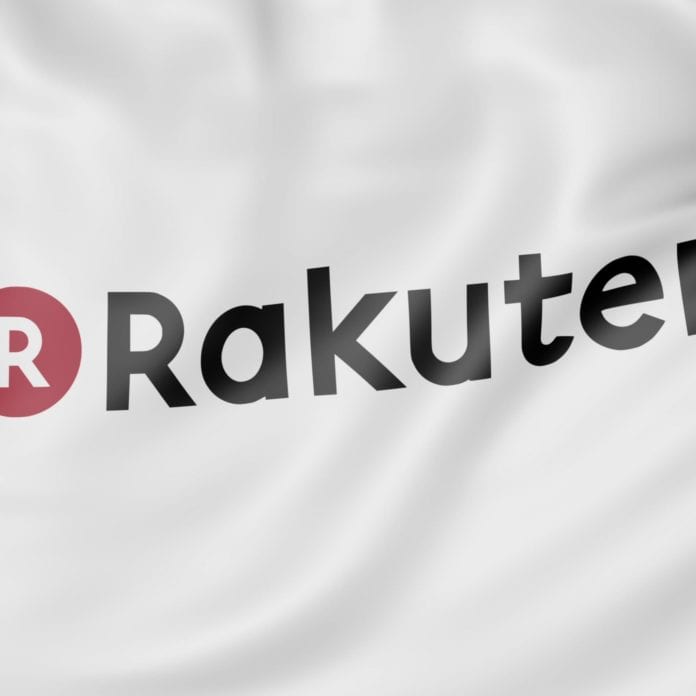Rakuten aims to implement an end-to-end cloud-native network to provide differentiated services to its mobile subscribers
Red Hat announced that its open source technologies will be used by Japan’s Rakuten Mobile Network as it launches its new mobile network In Japan.
The U.S. company said that the fully virtualized, end-to-end cloud-native network will allow Rakuten Mobile Network to respond to customer needs in an agile way and provide differentiated offerings from legacy mobile vendors, as well as better prepare the Japanese carrier to meet the future demands of 5G technologies.
Rakuten has announced a number of vendor deals in the past week, ranging from Nokia’s internet of things platform to the use of Cisco’s solutions in its virtualized network, including hardware for routing and switching.
Red Hat said that the technologies to be used by the Japanese company include Red Hat Enterprise Linux; Red Hat OpenStack Platform and Red Hat Ceph Storage. Via a cloud-based approach to mobile services, Red Hat said that Rakuten’s mobile network be able to offer a range of consumer and commercial services, including consumer mobile broadband, 5G radio access, narrowband IoT, rich media like streaming video as well as augmented and virtual reality.
Rakuten Mobile Network’s NFV cloud will span from the central core data centers to edge computing deployments, Red Hat said, noting that Cisco will serve as the network integrator. It went on to note that Rakuten intends to take advantage of virtualized radio access network technology from Altiostar Networks, on Red Hat’s OpenStack platform, to enable the new carrier to develop mobile services in a software virtualization environment.
“The next generation of mobile networks isn’t defined by inflexible, proprietary solutions; it’s frequently founded in cloud-native technologies driven by open source. From 5G to augmented reality, many advancements in mobile services are being powered by open software on open standards-based hardware,” said Chris Wright, vice president and CTO, Red Hat.
“End-to-end automation for both network and services is a pillar of our systems building strategy, and by using Red Hat’s open source technology we can achieve automation and auto-scaling, enabling more productive operations and allowing us to provide cost-effective services to our customers,” said Tareq Amin, CTO at Rakuten Mobile Network.
Rakuten Mobile Network received approval for its Special Base Station Deployment Plan in April 2018 and aims to launch its first services as a mobile network operator in October 2019. The Japanese company aims to acquire at least 15 million subscribers in an initial phase of the mobile deployment.
In October 2018, Rakuten Mobile Network conducted a 5G trial in collaboration with Nokia and Intel. Rakuten used the Nokia AirScale base station and the Intel 5G Mobile Trial Platform for the technology trial. The trials were carried out at the Nokia Kawasaki Technology Center located in Kanagawa Prefecture in Japan to evaluate fundamental 5G capabilities in the 28 GHz frequency band. Rakuten and Nokia said they have verified a number of 5G applications, including 4K video and 3D, 360-degree VR live streaming.

